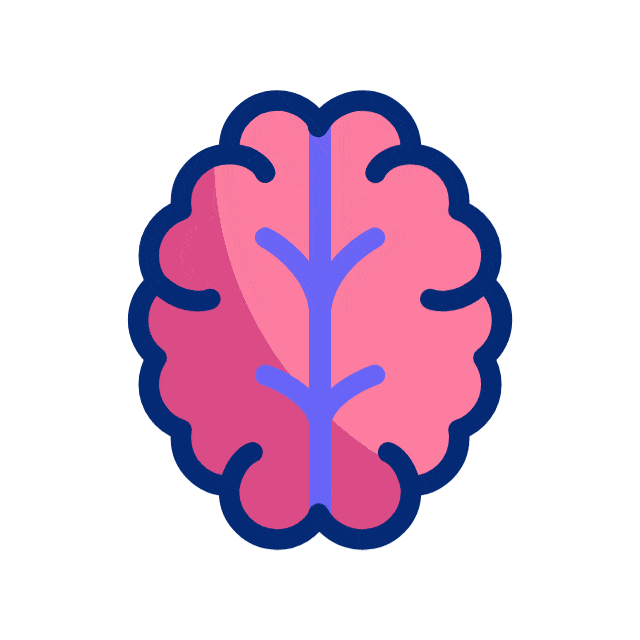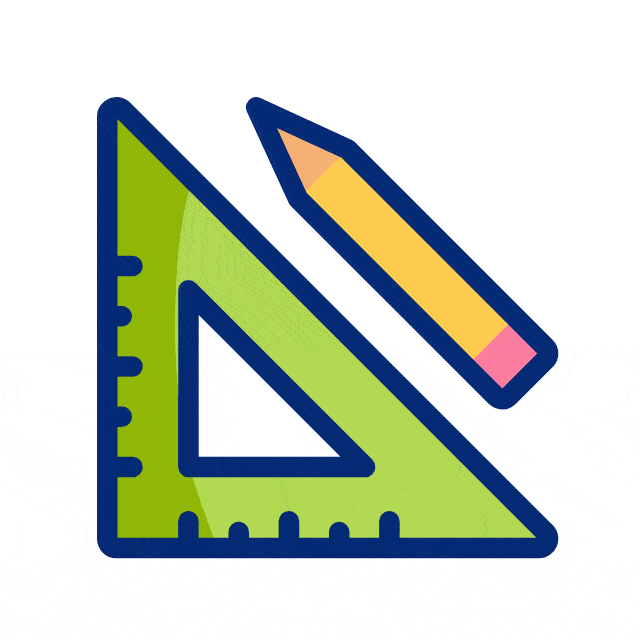Buku
Civilization on crisis: human prospects in a changing world
From the earliest years of the paleolithic age the human speciesrnhas had to struggle to adapt to a complex and often hostilernenvironment. Before the development of agriculture, man hadrnto sustain the process of living by depending on what he couldrncatch or collect from wild nature, assisted only by the use of thernmost primitive tools. To achieve his dominance as a hunter, hernhad to confront the powerful and unknown forces of climaternand terrain, vanquish animals larger, faster and stronger thanrnhimself, and devise new forms of social cooperation. In thernensuing millenia, the uneven but accelerating rate of techno-rnlogical progress appeared to bring complete mastery over thernnatural environment within the realm of human possibility.rnThe dramatic breakthrough of agriculture some ten thousandrnyears ago was followed five thousand years later by the inven-rntion of the wheel. However, it is only in the relatively shortrnhistorical space of the last hundred years that we have witnessedrnthe radical impact of the mathematical and physical sciencesrnupon technology, and the opening up of such new realms asrnnuclear energy, supersonic transportation, cybernetics, andrnsatellite communication systems. Paradoxically, this revolu-rntionary shift from man's primeval state to the new 'megatechnics'rnhas left him more vulnerable than ever, for the immense gainsrnin valuable knowledge and productivity have been offset byrneven greater increases in waste, destruction and violence
Availability
Detail Information
- Series Title
-
-
- Call Number
-
909.82 Com c
- Publisher
- New York : syndics of the cambridge university press., 1976
- Collation
-
pages 296
- Language
-
English
- ISBN/ISSN
-
0-521-21248-0
- Classification
-
909.82
- Content Type
-
-
- Media Type
-
-
- Edition
-
-
- Subject(s)
- Specific Detail Info
-
-
- Statement of Responsibility
-
-
Other version/related
No other version available
File Attachment
Comments
You must be logged in to post a comment

 Computer Science, Information & General Works
Computer Science, Information & General Works  Philosophy & Psychology
Philosophy & Psychology  Religion
Religion  Social Sciences
Social Sciences  Language
Language  Pure Science
Pure Science  Applied Sciences
Applied Sciences  Art & Recreation
Art & Recreation  Literature
Literature  History & Geography
History & Geography